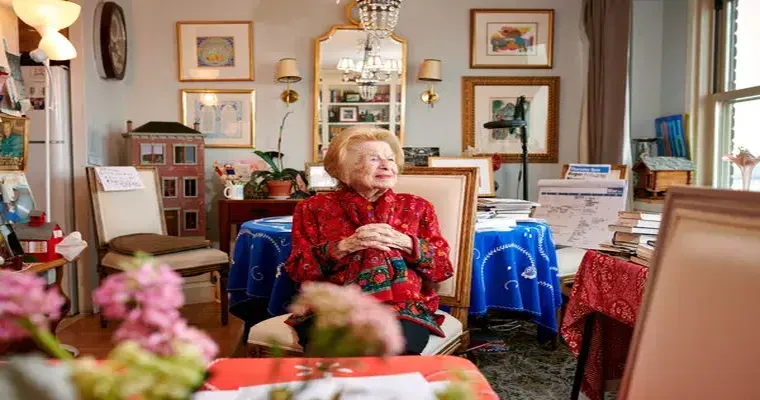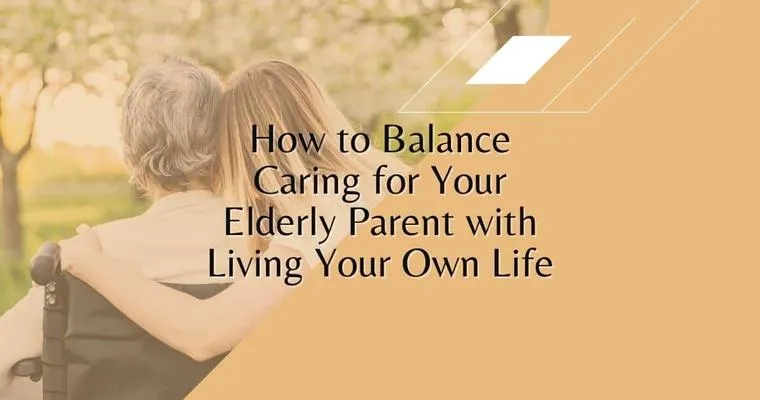Losing a loved one is an undeniably profound experience, often accompanied by a complex mix of "grief" and "relief". When someone you have cared for has passed away, navigating the emotional landscape can be particularly challenging. You may find yourself grappling with feelings of sadness, loss, and loneliness, while simultaneously experiencing a sense of "relief" that their suffering has ended. Understanding how to reconcile these conflicting emotions is essential for the healing process.
Understanding Grief
"Grief" is a natural response to loss, encompassing a wide range of emotions from sadness and anger to guilt and confusion. It is important to acknowledge that everyone experiences grief differently. For caregivers, the emotional burden can be even heavier. After months or years of providing care, the death of a loved one can lead to a profound sense of emptiness. Recognizing your feelings as valid is the first step in the healing journey.
The Complexity of Relief
While it may seem counterintuitive, "relief" often accompanies grief, especially when a loved one has suffered from a prolonged illness. The caregiver may have witnessed their loved one endure pain and discomfort, leading to a sense of burden. When that suffering comes to an end, feelings of "relief" can surface. It is crucial to understand that feeling relieved does not diminish the love you had for the person or the pain of their loss. Instead, it highlights the complexity of human emotions.
Embracing Your Emotions
Reconciling "grief" and "relief" involves allowing yourself to feel both emotions without judgment. Engage in self-compassion and recognize that it is normal to experience these conflicting feelings. Journaling can be a helpful tool in processing your emotions. Writing down your thoughts may provide clarity and help you understand your feelings more deeply.
Seeking Support
You do not have to navigate this journey alone. Connecting with friends, family, or a support group can be invaluable. Sharing your experiences with others who have faced similar situations can foster understanding and companionship. Professional counseling or therapy can also provide a safe space to explore your emotions and learn coping strategies.
Creating a Meaningful Tribute
Honoring the memory of your loved one can help in reconciling your "grief" and "relief". Consider creating a tribute that reflects their life and the impact they had on you. This might include a memory book, planting a tree in their honor, or participating in a charitable cause that was meaningful to them. Engaging in these activities can provide a sense of closure and help you celebrate their life.
Finding a Balance
As you journey through your emotions, try to create a balance between "grief" and "relief". Acknowledge that both feelings are valid and part of the healing process. It is essential to allow yourself the time and space to grieve while also recognizing the relief that comes from the end of suffering. This balance will help you move forward with your memories and experiences in a healthy way.
Conclusion
Reconciling "grief" and "relief" after the loss of a loved one you cared for is a journey that takes time and patience. Embrace your emotions, seek support, and find ways to honor your loved one. By doing so, you can navigate this complex emotional experience and gradually find peace in the memories you hold dear. Remember, it is okay to feel both grief and relief; both are part of the love you shared.





